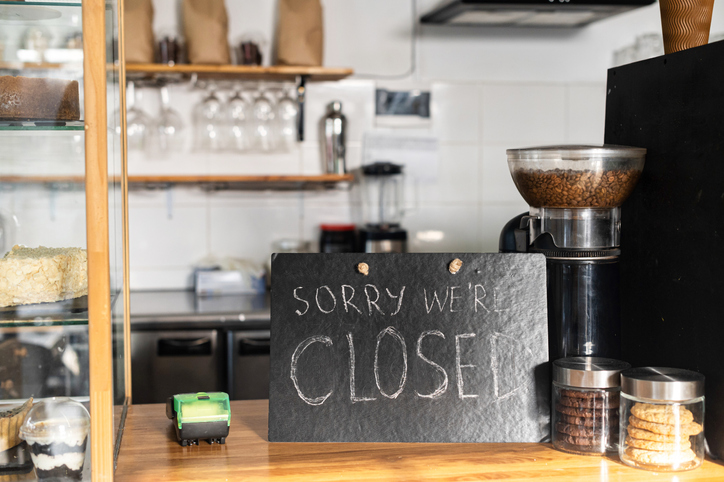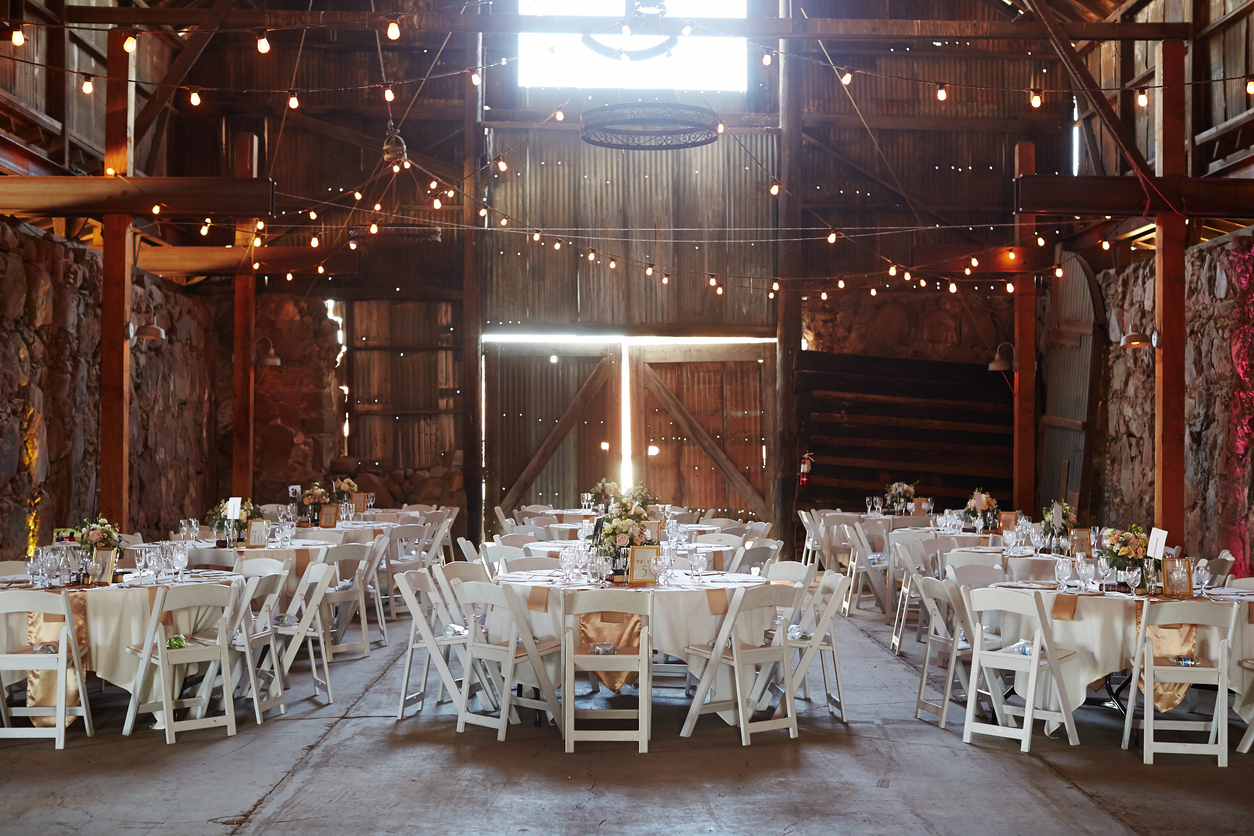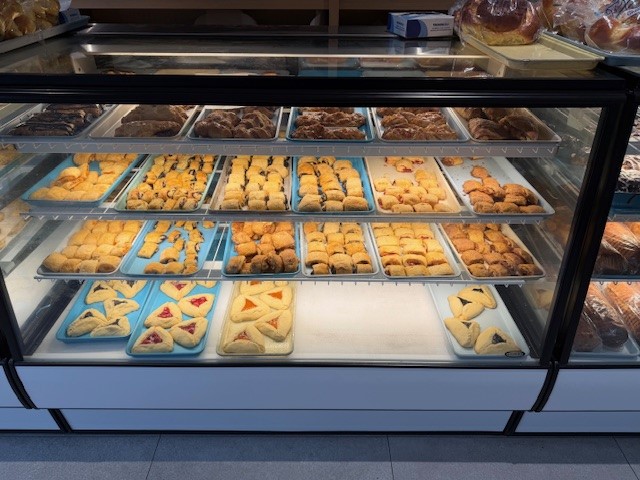We have previously examined the issue of Extra Expenses within various types of Business Interruption coverage, but we haven’t yet provided an in-depth view of Extra Expenses. So, we decided to give it its own spotlight. Why? Because the Extra Expenses provision could be a deciding factor between you recovering from a loss and your business NOT recovering.
In a standard Business Owners Policy (BOP), the Extra Expenses provision is automatically built in. With the commercial policy (CP), however, you’re faced with a pick-and-choose coverage medley that lets you purchase Business Interruption coverage with Extra Expenses coverage, or you can buy BI without Extra Expenses. For what it’s worth, we ALWAYS recommend that business owners buy BI coverage with Extra Expenses coverage included.
Extra Expenses are: 1. Costs your business incurs that are above normal; 2. that help reduce the loss otherwise payable; and 3. that help you get back into business. Note that you do not need to prove that it’s a dollar-for-dollar reduction for the business interruption claim otherwise payable.
One important distinction between Extra Expenses and Business Interruption is the period of time. For BI, there is usually a waiting period. Extra Expenses, on the other hand, start immediately after the loss. Also, you might have an extended BI option in the policy. Extra Expenses coverage, meanwhile, ends as soon as you resume normal business operations or the maximum period allowed – 12 months, for example. One more thing: Extra Expenses also have to be incurred – meaning you must first incur the expense in order to get the money back.
Let’s look at an example: Say you have a coffee roasting business and your plant has a fire. While you repair the workspace, you arrange to use a competitor’s facility to roast your coffee and keep your customers supplied. In this scenario, your Extra Expenses are your travel costs, and the use and rental of the competitor’s machinery. Your normal business expenses – the cost of coffee, your time, the packaging of the final product – all fall under BI provision (because all of those costs to your business are the same as before the fire). From this one event, your coverage breaks down into BI and Extra Expenses.
Essentially, your Extra Expenses coverage is paying the incremental additional costs for that job. You have your own manufacturing costs, and the other business has the same or similar costs. But you have to pay them their profit – and that’s the piece that becomes your Extra Expenses claim.
Another thing to mention about Extra Expenses: let’s say that you buy a temporary roasting machine that is smaller, but allows you to do small jobs at your office. Because the machine is smaller and not Like Kind and Quality to what you had before the loss, it’s an Extra Expense. But at the end of the period of restoration, the insurance company can take that piece of machinery for salvage.
As mentioned above, we view Extra Expenses coverage as well worth the election and minor additional premium to your policy. We hope this overview helps you understand the value of the Extra Expenses provision.




